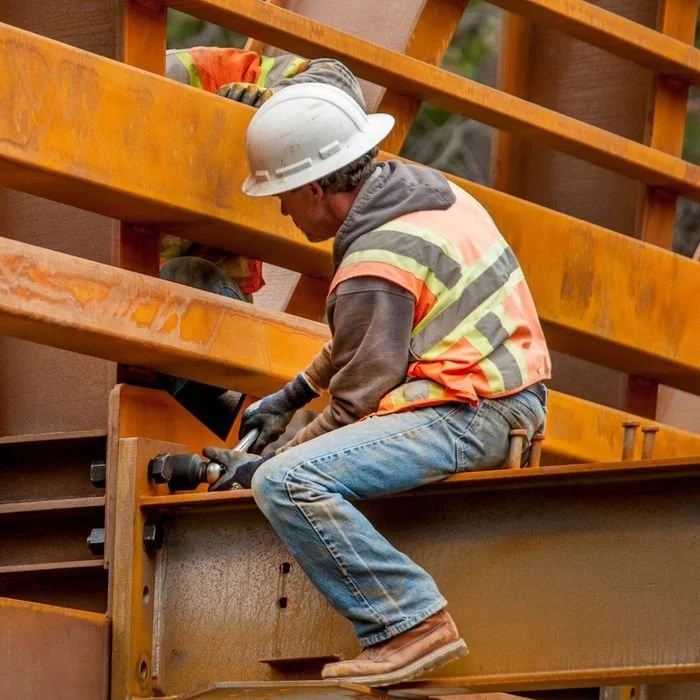What Is Modular Construction for Bridges?
What Is Modular Construction for Bridges?
At Kurdziel Barker Engineering, we have more than five decades of industry experience in historical bridge restoration and bridge engineering and design in Indiana, so we understand the importance of innovative approaches in the construction industry. That's why we are excited to explore what modular construction is and some of its benefits. Read on to learn more!
What Is Modular Construction?
Modular construction for bridges is an innovative construction approach that involves fabricating bridge components off-site in controlled manufacturing facilities and then assembling them at the bridge site. During this process, various elements of the bridge, such as beams, decks, and support structures, are prefabricated with precision under strict quality control measures.
Once completed, these modules are transported to the bridge site, where they are efficiently assembled and installed. This approach has gained popularity for its ability to deliver high-quality bridges in a shorter time frame while minimizing disruptions to traffic and the environment.
Reduced Construction Time
One of the key advantages of modular construction for bridges is its ability to reduce construction time. Since the bridge components are produced off-site, construction can progress simultaneously on-site. This significantly reduces the overall construction timeline, allowing for quicker project completion, and can be particularly beneficial when time is of the essence, such as replacing a damaged or deteriorating bridge.
Cost Savings
The cost savings associated with modular construction are also significant. Off-site fabrication allows for better cost control since the manufacturing process can be optimized to minimize waste and maximize efficiency. Additionally, the ability to engage in parallel construction activities reduces the need for expensive on-site resources and equipment. These factors contribute to lower overall costs compared to traditional construction methods.
Increased Sustainability
Modular construction also offers increased sustainability benefits. The controlled environment of the off-site manufacturing facility allows for better quality control, ensuring that the bridge components meet the highest standards. Furthermore, the efficient use of materials reduces waste and minimizes the environmental impact. This approach also allows for easy replacement or recycling of components in the future, making the bridge more adaptable to changing needs.
Minimized Disruption
Another advantage of modular construction is its ability to minimize disruption to the surrounding environment and community. The off-site construction significantly reduces the on-site noise, dust, and traffic congestion typically associated with traditional construction methods. This makes modular construction an ideal choice for projects located in urban areas or sensitive environments where minimizing disruption is crucial.
Design Flexibility
Additionally, modular construction offers excellent design flexibility. The speedy construction process allows for greater design freedom, as the bridge can be customized to meet specific project requirements. This enables engineers to create unique and efficient bridge designs that maximize functionality and aesthetics.
Durability
In terms of durability, modular construction offers exceptional performance. The bridge components are typically made with high-quality materials and are built to withstand demanding conditions. This ensures that the bridge will have a long service life and require minimal maintenance, resulting in significant cost savings over its lifetime.
Enhanced Safety
Safety is a paramount concern in any construction project, and modular construction for bridges offers enhanced safety benefits. The controlled environment of the off-site manufacturing facility allows for stricter adherence to safety standards and protocols. This reduces the likelihood of accidents and injuries during the construction process. Additionally, the reduced on-site construction activities and simplified assembly process minimize risks associated with working at heights or in challenging weather conditions.
Challenges
As with any construction method, modular construction for bridges also comes with some challenges. The transportation of large bridge components to the site requires careful planning and coordination. Specialized equipment may be needed to lift and position these components, adding to the project's complexity.
At Kurdziel Barker Engineering, we believe modular bridge construction is a game-changer in the construction industry. If you need help with an Indiana bridge project, we can help! Get an estimate today!









